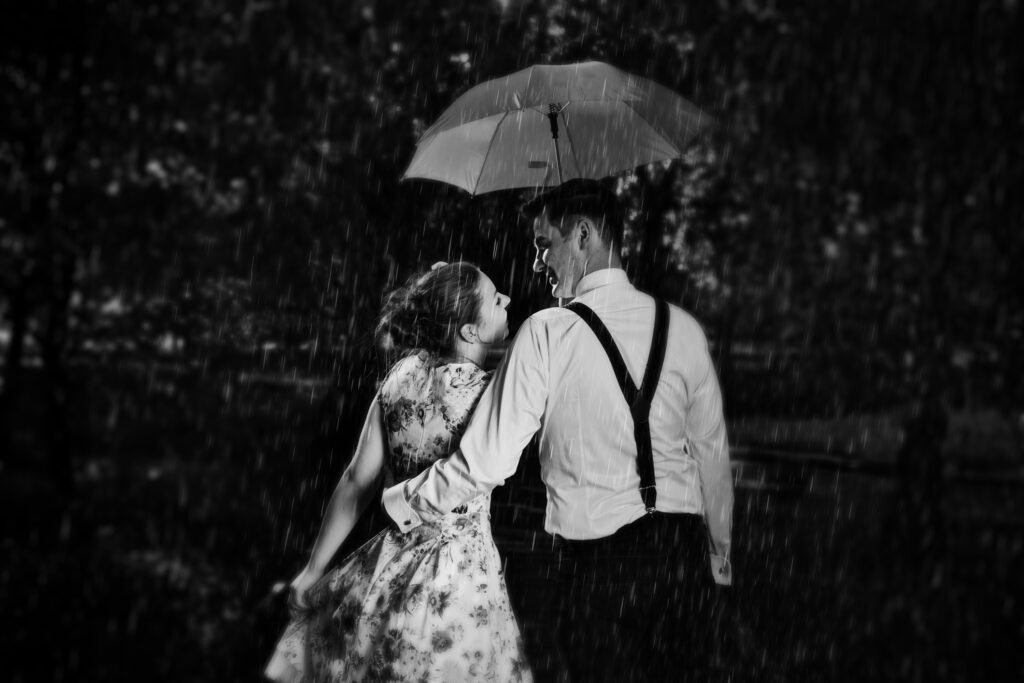This summer, Eye on Jacksonville is handing the mic to a new voice — one that’s part sharp observer, part cultural translator. In Coming of Age in the Digital Age, college student and writer Celia Raines explores what it means to grow up in a world shaped by screens, shifting values, and noise masquerading as truth. With wit, honesty, and a willingness to say the quiet parts out loud, she unpacks the struggles and quirks of her generation — from ghosting and groupthink to TikTok therapy and the death of real empathy. It’s a column for anyone trying to understand the Gen Z world… or remember their own journey of growing up and coming of age. Please help us welcome Celia by sharing her stories on your social media platforms.
_____________________________________________________________________
In an age where Snapchat and DMs have become our go-to ways to communicate, many traditional notions have been left behind. No longer are conversations held to discuss disagreements between friends; instead, text wars, shady call-outs on social media, or even an unfollow on Instagram take the place of mature dialogue. Along with this death of traditional talking comes the demise of formerly customary ways to start, carry on, and end a romantic relationship.
When social media and dating apps first emerged, digital relationships quickly followed. More than one in three relationships among those in Gen Z start online, and many current 15 to 25-year-olds have fallen into a ‘situationship’ that exists entirely online. While there is no doubt social media can be used to our benefit – it makes it incredibly easy to check in, keep up, and find people we otherwise couldn’t, the rise of romance over social media has led to a complete disappearance of former dating notions: approaching people in real life, calling someone’s landline to ask them on a date, and making plans before exchanging social media handles are now borderline unheard of. Changes in dating communication have removed all barriers that formerly forced people to face conversations and endings directly; what used to require confrontation can now be avoided with a single swipe.
We have built a system that makes silence the easiest option, allowing cowardice to front as convenience.

Old-school dating traditions are steeped in emotional fluency. The ability to express interest, set expectations, and end something all require some level of courage and care that social media erases. While talking to someone once required at least a phone call, it now simply requires twiddling your fingers. Social media has created a world where effort is synonymous with desperation, as true interest is no longer necessary to talk to someone every day.
This generation lives in fear of being the one who feels more, because we grew up in a romantic world where it was normalized to feel nothing at all.
And when ‘romance’ becomes so easily attainable, it also becomes disposable. With minimal emotional effort required to initiate or sustain a connection, there’s even less required to walk away from one.
That’s where ghosting enters the picture.
Ghosting is the act of suddenly cutting off all communication with someone you’re romantically involved with, without explanation or warning. Rather than ending a relationship through conversation, the person simply disappears, ignoring any attempts at contact.

Ghosting allows an age-old unfortunate truth to foster: it’s easier to disappear than to deal.
No one wants to have awkward conversations or deliver painful truths, but these things are necessary and make us more emotionally mature individuals. When people part ways through spoken dialogue, someone is forced to take responsibility – albeit the excuses can still be measly (‘It’s not you, it’s me’) – but some semblance of accountability remains. Ghosting stands in stark contrast to this; no explanation is necessary. You do not have to explain yourself if you vanish, nor be the ‘bad guy’ if you never officially ended it.
And when no one is ever the bad guy, no one ever learns how to be better.
So, what do we do?
Traditional dating values are formed early, at home. Because it is unrealistic to eliminate social media, it falls on parents to teach their kids traditional dating values despite living in the digital world. Practices that are tinged with awkwardness (knocking on your date’s door, calling instead of snapchatting, etc.) are not innate, but learned, and necessary for parents to instill if we want a generation that dates with more empathy. Hope is not lost! But in a world shaped by screens, parents may have to teach these values louder than ever before.
If you’re in Gen Z, you have a choice every day to rewrite what dating, talking, and love look like; you get to pick whether you meet hard conversations with silence or courage. Return the call, make the effort, and have hard conversations— it’s how you build something real.











One response to “The quiet collapse of courage and tradition in modern romance”
Welcome Celia!